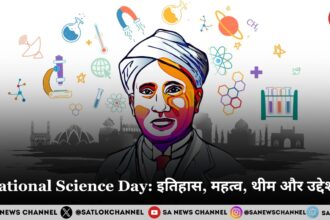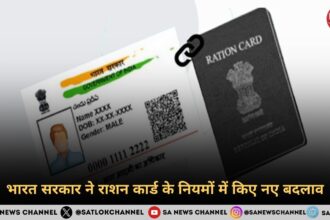Lateral entry into the Indian Administrative Service (IAS) has been a recent development aimed at infusing expertise from outside the traditional civil services. This initiative allows professionals with specialized skills to join at senior positions, bringing in fresh perspectives and innovative ideas to enhance governance.
Key Points about Lateral Entry
- Objective: Lateral entry aims to bring specialized expertise in technology, management, and finance to government roles.
- Positions: Appointments are typically for Joint Secretaries, Directors, or Deputy Secretaries in various ministries.
- Contractual Arrangement: These roles are usually on a three-year contract, extendable up to five years based on performance.
- Eligibility Criteria: Candidates from the private sector, public enterprises, and academia are eligible, with age and qualifications varying by position.
- Recent Updates: The UPSC has announced 45 openings for lateral entry, marking the largest initiative for such appointments to date.
Benefits of Lateral Entry into IAS
- Specialized Knowledge: Experts bring deep understanding in fields like technology and finance, enhancing policy formulation and execution.
- Innovative Solutions: Fresh perspectives from outside traditional civil service can drive creative governance solutions.
- Addressing Deficiencies: This approach helps fill expertise and workforce gaps in government, especially in technical areas.
- Accountability Focused: Contractual engagement of lateral entrants fosters accountability and performance-driven results.
- Adopting Global Standards: Integrating private sector professionals into government aligns with international trends to leverage specialized knowledge.
Drawbacks of Lateral Entry into IAS
- Integration Challenges: Lateral entrants may face difficulties integrating into the bureaucratic culture and working with career civil servants.
- Resistance from Within: Existing civil servants might resist the inclusion of outsiders, leading to potential conflicts and lack of cooperation.
- Short-Term Focus: Contract-based positions may lead to a short-term focus on results rather than long-term policy development.
- Accountability Issues: Ensuring accountability and transparency for lateral entrants can be challenging, especially if they are not familiar with government procedures.
- Potential for Bias: There is a risk of favoritism or bias in the selection process, which could undermine the merit-based system of civil services.
In conclusion, the concept of lateral entry into the IAS has the potential to bring significant benefits by leveraging the expertise and fresh perspectives of professionals from outside the traditional civil services. However, it is essential to address the integration challenges, resistance from within, and ensure accountability to make this initiative successful in enhancing governance and efficiency within the government.
The Path to Moral Values and Spiritual Wisdom
Saint Rampal Ji Maharaj believes that a world free from corruption and social evils can be achieved through spiritual enlightenment and adherence to moral values. He emphasizes the importance of true spiritual knowledge to cleanse the soul and guide individuals towards righteous living. He advocates for a drug-free society, where his followers abstain from all forms of intoxication, and promotes dowry-free marriages to eliminate this social evil and ensure equality.
Additionally, he stresses the importance of creating a safe and respectful environment for women. Saint Rampal Ji Maharaj also believes that spiritual leaders and enlightened individuals can lead to a corruption-free society by setting examples of integrity and honesty. By following these principles, he envisions a society where moral values and spiritual wisdom prevail, leading to the eradication of corruption and social evils.
To know more visit Sant Rampal ji maharaj youtube channel for more detail.









